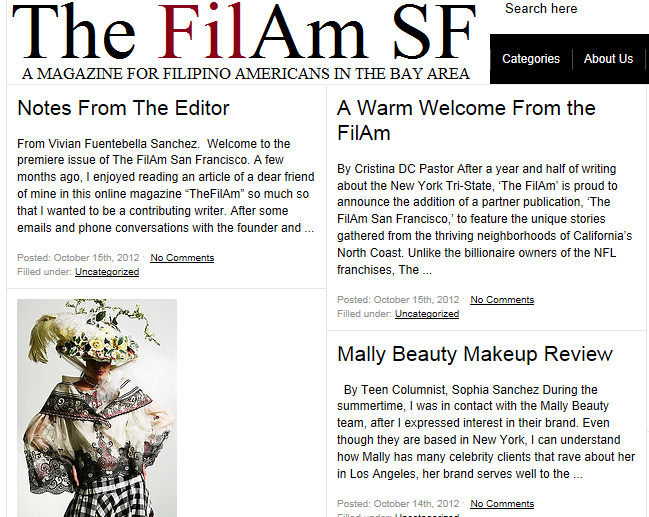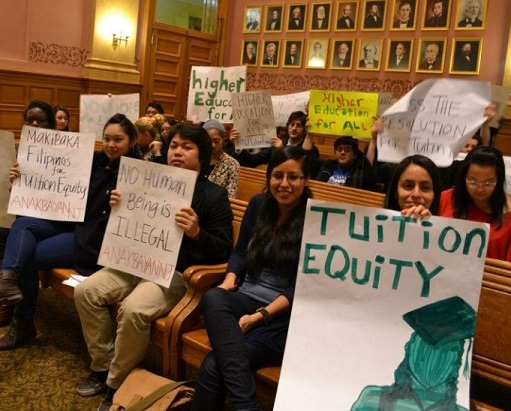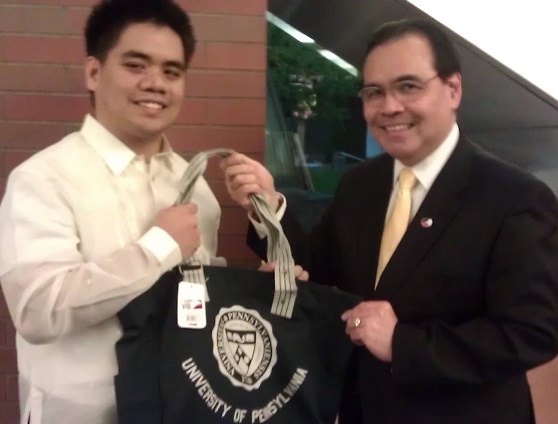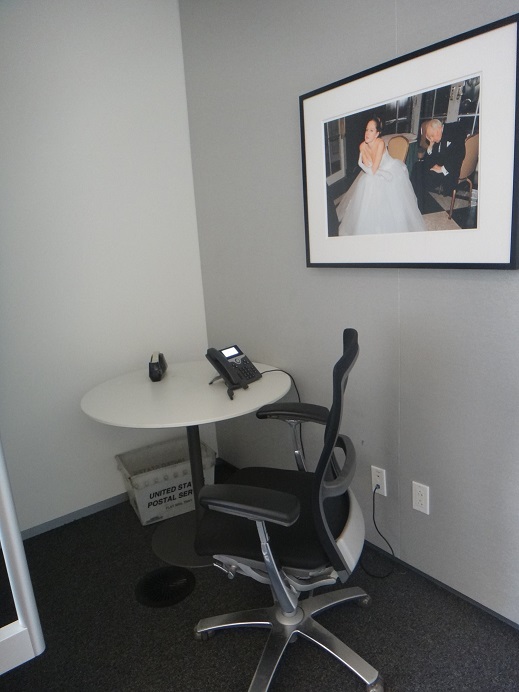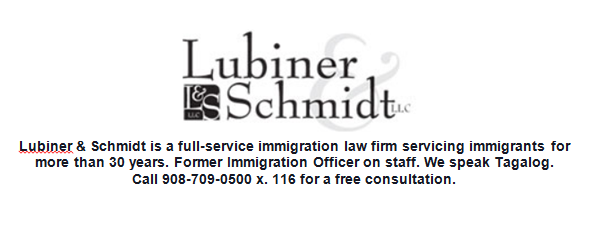Restaurant group hails NYC ban on foam containers effective July 1
The De Blasio Administration has announced that as of July 1, 2015, food service establishments, stores and manufacturers may not possess, sell, or offer for use Expanded Polystyrene (EPS) foam articles or polystyrene loose fill packaging, such as “packing peanuts” in New York City.
After consultation with corporations, non-profits, vendors and other stakeholders, the Department of Sanitation (DSNY), has determined that Expanded Polystyrene (EPS) Foam cannot be recycled, which led to the ban. DSNY also determined that there currently is no market for post-consumer EPS collected in a curbside metal, glass, and plastic recycling program.
As a result of the ban, manufacturers and stores may not sell or offer single-use foam items such as cups, plates, trays, or clamshell containers in the City. The sale of polystyrene loose fill packaging, such as “packing peanuts” is also banned.
“These products cause real environmental harm and have no place in New York City. We have better options, better alternatives, and if more cities across the country follow our lead and institute similar bans, those alternatives will soon become more plentiful and will cost less,” said Mayor Bill de Blasio. “By removing nearly 30,000 tons of expanded polystyrene waste from our landfills, streets and waterways, today’s announcement is a major step towards our goal of a greener, greater New York City.”
Local Law 142, passed by the City Council in December 2013, required the sanitation commissioner to determine “whether EPS single service articles can be recycled at the designated recycling processing facility at the South Brooklyn Marine Terminal in a manner that is environmentally effective, economically feasible, and safe for employees.” Under the law, if EPS is not found to be recyclable, it must be banned.
The law allows businesses a six-month grace period from when the law goes into effect – January 1, 2016 – before fines can be imposed. DSNY, the Department of Health and Mental Hygiene, and the Department of Consumer Affairs will conduct outreach and education in multiple languages to businesses throughout all five boroughs during this period. For the first year of the ban, businesses will be given a warning in lieu of a fine.
Non-profits and small businesses with less than $500,000 in revenue per year may apply for hardship exemptions from the Department of Small Business Services (SBS) if they can prove that the purchase of alternative products not composed of EPS would create undue financial hardship. SBS will begin accepting applications for hardship waivers in March 2015.
In accordance with the City’s new policy, DOE will begin replacing foam trays with compostable plates on May 1st. All school meals will be served on these compostable plates starting in September. All summer meals will also be served on compostable plates.
“The New York State Restaurant Association appreciates the efforts of the NYC Department of Sanitation and the Mayor’s Office to enact legislation that moves our industry toward sustainability while recognizing the needs of small businesses via a long transition period and a commitment to educate businesses on alternatives before fining them, said Chris Hickey, regional director of the New York State Restaurant Association. “We look forward to working with the City to educate restaurants on how to comply with the law and helping them find alternative products that are better for the environment and cost effective.”
About EPS:
• Expanded polystyrene is a plastic resin manufactured into consumer products such as “foam” cups, containers, trays, plates, clamshell cases and egg cartons.
• DSNY collected approximately 28,500 tons of expanded polystyrene in Fiscal Year 2014 and estimates that approximately 90 percent of that is from single-use food service products like cups, trays and containers.
• EPS is a major source of neighborhood litter and hazardous to marine life. EPS foam is a lightweight material that can clog storm drains and can also end up on our beaches and in New York Harbor. EPS containers can break down into smaller pieces, which marine animals may mistake for food. The environmental assessment prepared for the bill found that expanded polystyrene particles can wind up in the harbor, and in the floating gyre of non-biodegradable plastic debris that has been found in the Atlantic Ocean – creating a hazard for marine life such as sea turtles and fish.
• EPS is already banned in more than 70 cities across the country, including Washington, DC, Minneapolis, San Francisco, Oakland, Portland, Albany, and Seattle. — pressoffice@cityhall.nyc.gov



